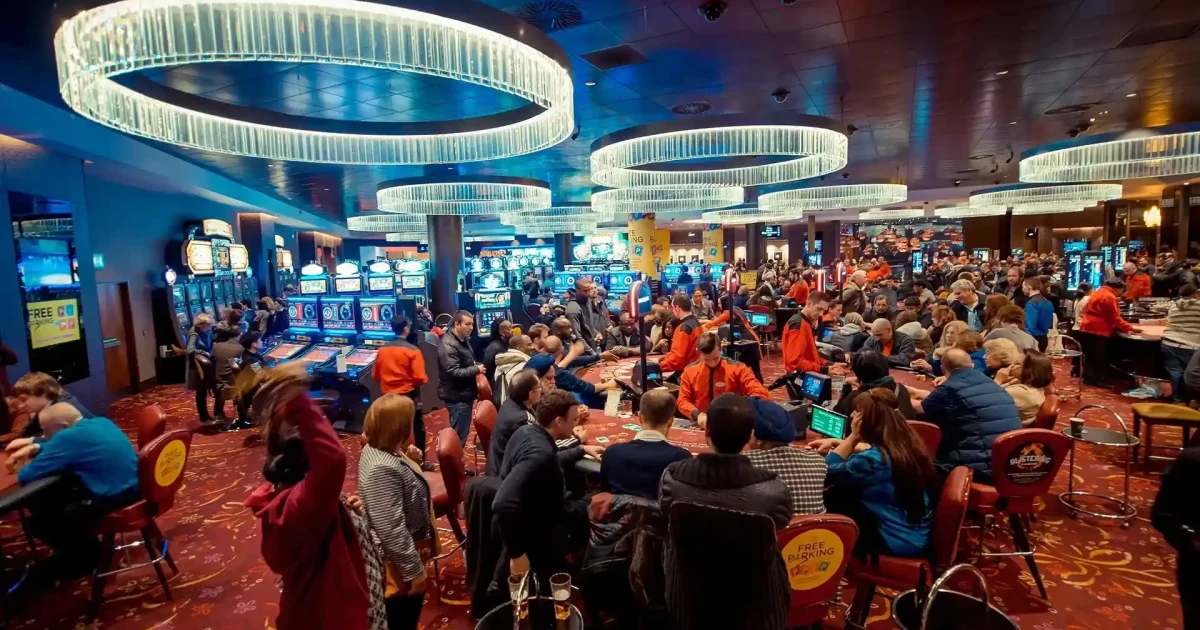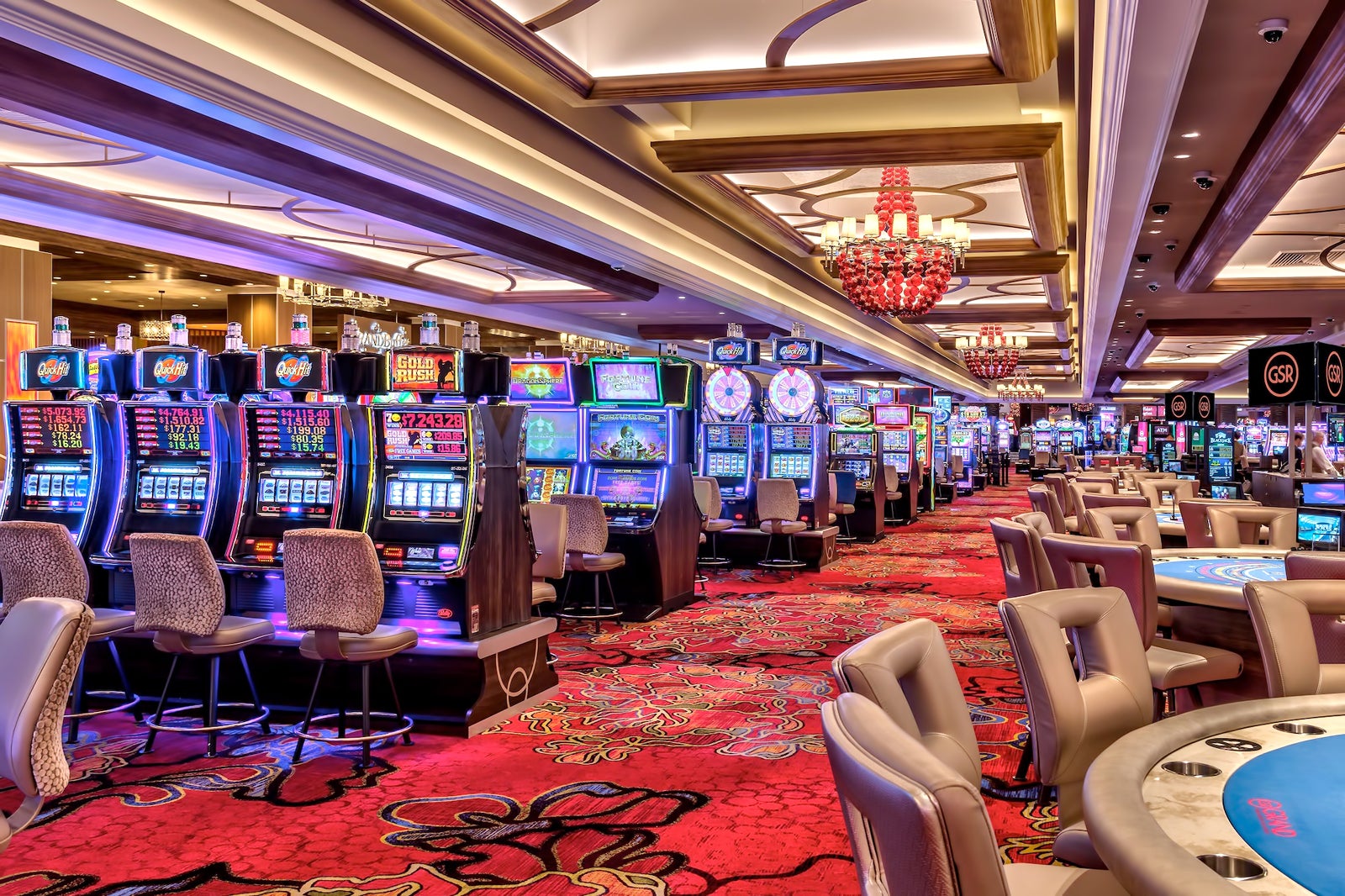
Within the lively realm of gambling halls, in which the atmosphere humms with excitement and the clinking of chips fills the space, the role of a game dealer is both crucial and captivating. Each day, these experienced experts step into a realm where luck and tactics intertwine, guiding players through the ups and downs of their chosen casino titles. From table games like 21 and poker to the revolving wheels of roulette, dealers manage the gameplay while guaranteeing that each game runs seamlessly and honestly.
As the sun rises on another bustling day, a casino dealer gets ready to dive in this dynamic setting. Their duties extend beyond just dealing cards or turning a wheel; they are also entertainers, customer service representatives, and guardians of the rules. Each shift brings new obstacles and experiences, making every day distinct in the life of a casino dealer. This insider look will explore the day-to-day operations of a casino game dealer, highlighting the skills and experiences that make this profession both thrilling and fulfilling.
The Role of a Casino Game Croupier
A gambling game dealer is at the heart of the gaming experience, orchestrating the flow of the game while ensuring that players are involved and entertained. Their primary duty is to manage the table, which involves dealing cards, rotating the wheel, or managing the chips, depending on the game being played. Croupiers must possess a deep understanding of the rules and regulations governing each game, while also maintaining a friendly and welcoming demeanor to improve the gambling atmosphere.
In addition to overseeing the gameplay, dealers must also monitor on the players and the surroundings around the table. This entails watching for any signs of cheating, ensuring that everyone is following the rules, and resolving any conflicts that may arise among players. Strong communication skills are vital, as croupiers often give explanations about the rules and mechanics and give assistance to those who may be novice to gambling games.
Furthermore, a croupier’s role extends beyond just the mechanical aspects of the play. They play a crucial part in crafting an enjoyable experience for the players. This requires building a rapport with patrons, being sensitive to their needs, and often injecting an aspect of entertainment into the play. It’s this combination of talent, alertness, and people skills that makes the position of a gambling table croupier both demanding and fulfilling in the vibrant world of gambling games.
Responsibilities and Challenges in Daily Operations
One of the primary responsibilities of a dealer in a casino is to oversee the various games provided at their table, guaranteeing a seamless and satisfying experience for players. Dealers must be skilled at distributing cards, managing chips, and maintaining the flow of the game. This requires a deep understanding of the rules of each game, from blackjack to roulette, and the ability to address players’ questions while keeping the game progressing. Attention to precision is crucial, as dealers must monitor bets, disburse winnings correctly, and monitor any cheating or discrepancies at the table.
In addition to managing the game itself, dealers face challenges such as managing difficult players. The casino environment can be stressful, particularly during intense games, and a dealer must remain calm and professional at all times. They need robust interpersonal skills to handle interactions with players who may be upset about losses or dissatisfied with the game’s pace. Navigating these situations delicately is essential in creating a positive atmosphere on the casino floor.
Another major responsibility is maintaining the honesty of the game. Dealers must be alert and observant, watching for any signs of collusion or cheating among players. This entails not only a strong knowledge of the games but also an awareness of human behavior. They must also adhere to the casino’s regulations and procedures, taking part in regular training sessions to keep updated on rules and protocols. Balancing these responsibilities while providing excellent customer service is what makes the role both difficult and rewarding for a dealer in a casino.
Qualities and Skills for Achievement
A effective casino game dealer must possess excellent communication skills. This includes merely the ability to effectively explain game rules and procedures to players but also the capacity to interact with them in a approachable and respectful manner. Building rapport with guests can enhance the gaming experience and promote repeat visits to the casino. Proficient communication enables dealers to manage tables seamlessly while ensuring that players feel appreciated.
Furthermore, strong mathematical skills are essential for a dealer. Quick calculations are often required to monitor bets, payouts, and game outcomes in real-time. A dealer’s ability to perform these calculations accurately and swiftly promotes to the overall efficiency of the game. non GamStop This skill helps in maintaining the flow of play and in minimizing disputes or misunderstandings with players, which is crucial in a fast-paced casino environment.
Lastly, an ideal casino game dealer should demonstrate integrity and professionalism at all times. Trust is a key component of the gaming experience, and players must feel assured that the games are conducted equitably and transparently. A dealer’s devotion to upholding high ethical standards fosters a welcoming atmosphere at the table and enhances the casino’s image. Being consistent in behavior ensures that dealers leave a lasting impression on guests, which can lead to a dedicated customer base.


